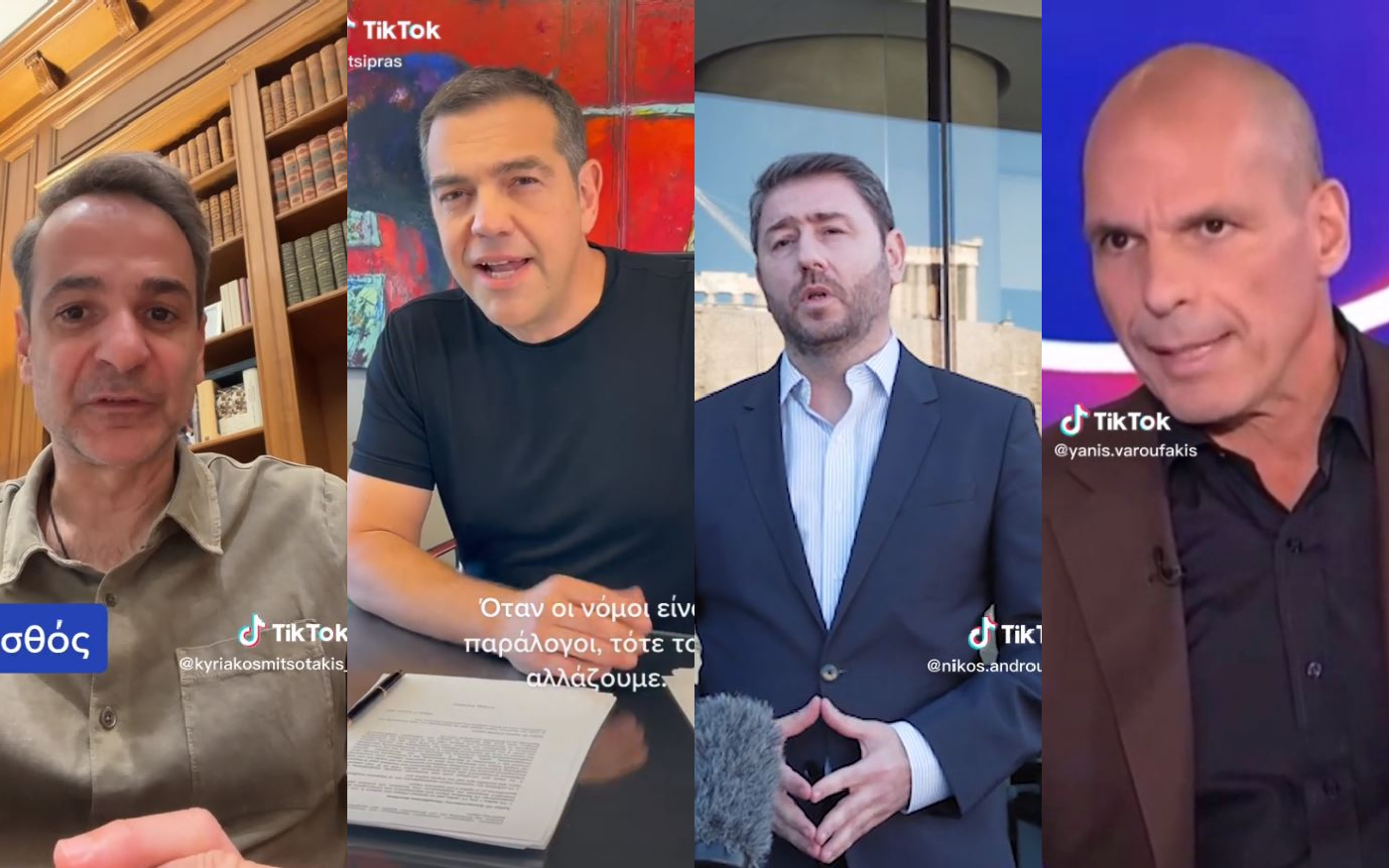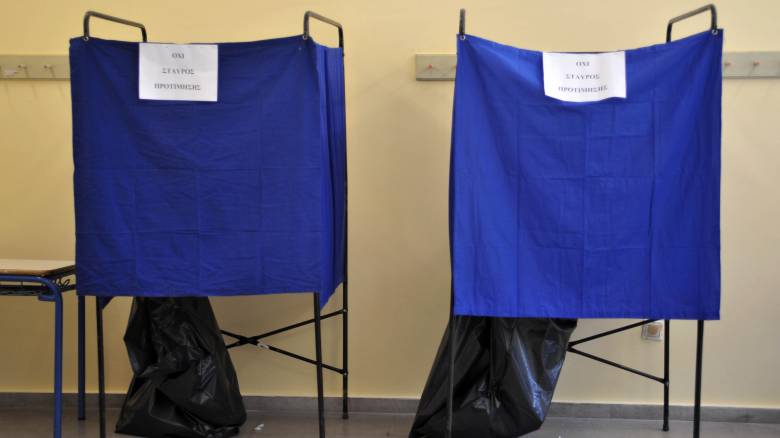By Dimitris Kouvaras,
It was no more than two months ago that the second round of an arguably consequential parliamentary election concluded in Greece, with an overwhelming victory for the centre-right government party “New Democracy”, and a renewal of Prime Minister Mitsotakis’ term in office. Spanning over two phases, each involving different electoral systems, this election was expected to test the government’s appeal after a deadly train collision and a surveillance scandal involving the interception of a rival party leader’s phone calls by the secret services. These incidents induced widespread condemnation and doubts about the government’s credibility and provided a perceived opportunity for a come-back of the political centre/left, whose parliamentary actors were “Syriza” and the infamous, almost meme-worthy, “PASOK”.
As is apparent, too much was at stake for everyone, with each side feeling a pressing impetus to prove its virtues and highlight others’ vices. This was a perfect brew for a heated pre-election, but unfortunately also one destined to obscure the opportunities for productive political dialogue. What complicated the issue further was that party leaders and politicians of all sides, apparently to attract young voters (the voting limit is currently at 17), started to use social media for the first time as a strategic communication tool. Thus, the political struggle started permeating, besides conventional TV commercials and panel discussions, also the realm of Tik Tok. Like proper trying-to-play-cool boomers, politicians projected a spectacular blend of behind-the-scenes content, jokes, family or personal life moments and segments of their political program, all within videos of a minute or two.

It might all seem fun and modern, but it is worth asking the question of what paradigm of political discourse it promotes and legitimises, and how it can affect the way a modern democracy functions. Social media are geared towards attention-gaining and are excellent tools for achieving it through the momentary dopamine stimulation they induce to the viewer, which recurs as new content is constantly being fed to them. That said, can it be sustained that this kind of attention is suitable to orient a voter towards a responsible political decision?
To answer, one should consider what makes for a responsible political decision. First, I would sustain that a responsible political decision requires an examination of one’s preconceptions so that they can start the process uninhibited from dogmatic biases. The ills of political fanatism have left their marks in history way too deeply to allow for a different starting principle. Then, it requires time, since the political sphere is complicated, with many fields on which to reflect and even more perspectives to consider. From education to foreign policy to the economy, the voter is faced with an almost unmanageable array of information and political approaches on which to base their decision. Still, to make a reasonable decision, one last element is required: facts, or more accurately, facts in context.
Non-ambiguous facts on, for example, GDP growth, unemployment levels, tax reduction percentages or government expenditure are essential tools in the hands of the voter that can orient them towards a political path, in correlation to their interests. Most importantly, they are evaluation tools on which they can form an idea of the progress a government made or did not make. Still, they are pretty much useless uncontextualised. Here is an example, partially inspired from the Greek pre-election, but with hypothetical figures: A promise for a 10% increase in wages within 4 years might sound appealing in itself but, if contextualised by adding to the equation an annual 4% inflation rate, it suddenly does not. A simple calculation shows that, despite the increase, the actual value of one’s wage will be lower in 4 years than it is now. Hence, what I meant by facts in context can really make a difference in political decision making.
Having said that, let’s return to the case of social media, say a Tik Tok. It may attract the potential voter’s attention, but it also makes sure to disperse it over the muddle of images, sounds, grimaces and jokes in a way that hinders any chance for them to focus on the politically relevant information alone. Obviously, it doesn’t fare well in the time criterion either, as the information is densely packed to fit into one- or two-minute videos. Worse still, as the viewer passes to the next Tik Tok, they are likely to have already forgotten the content of the last one. Most importantly, though, and it is something to which all the above factors contribute, this means of communication is perfect for sharing uncontextualised information. To put it bluntly, some isolated numerals in a Tik Tok cannot tell the whole story; they are more likely to “tell” what the viewer wants or expects to listen. Attention, and impression, champion over contextualised reality.
Of course, I do not wish to vilify Tik Tok, since I understand that it can be relaxing or even refreshing, nor do I oppose a more relaxed or contemporary way of political communication as such. What is alarming for me is that this social media surge in political discourse exemplifies a general tendency in political discourse, which, at least in Greece, is none other than attention-seeking by means of uncontextualised, and often ambiguous, fact projection. It was a common occurrence during the Spring pre-election to have live disputes over statistical or numerical values on live TV between party representatives, none of which were resolved on the spot. Rather, each candidate stucks to their side of the story while trying to undermine the other’s credibility. For me, this is not a proper political dialogue, just political-ish utterances, and a missed opportunity for the undecided voter to make their own minds on the issue. As the 46,26% abstention of the second round would suggest, they are not few.

One of the fundamental principles of a good conversation or debate is the simple need to agree on the context of the discussion, the reference frame for what is to be said. Sadly, this principle is violated repeatedly in Greek political discussions, especially those on TV. Politicians tend to introduce another topic or attack their opponents on different grounds when they hit a wall. As for Tik Tok, things are easier as there is no interlocutor to challenge them, just an audience to watch.
Overall, I consider this shift in communication strategy and emphasis an important issue modern democracies -certainly the Greek one- face. The lack of common ground in political discussion and the lack of contextualisation in fact-sharing are detrimental to the ability of a citizen to responsibly decide whom to vote for. They are even detrimental to the potential of someone’s changing their minds, since they reinforce the convictions of the partisans. For these reasons, I think this trend has a significant destabilising and polarizing potential and requires consideration to ensure the proper function of our democracy, which, after all, is based on citizens’ judgement. Given that I have been reading a book on Plato these days, I dread the possibility of some voters becoming a parallel to the platonic prisoners; bound to their convictions watching uncontextualised information on their screens like shadows on a cave’s wall.




